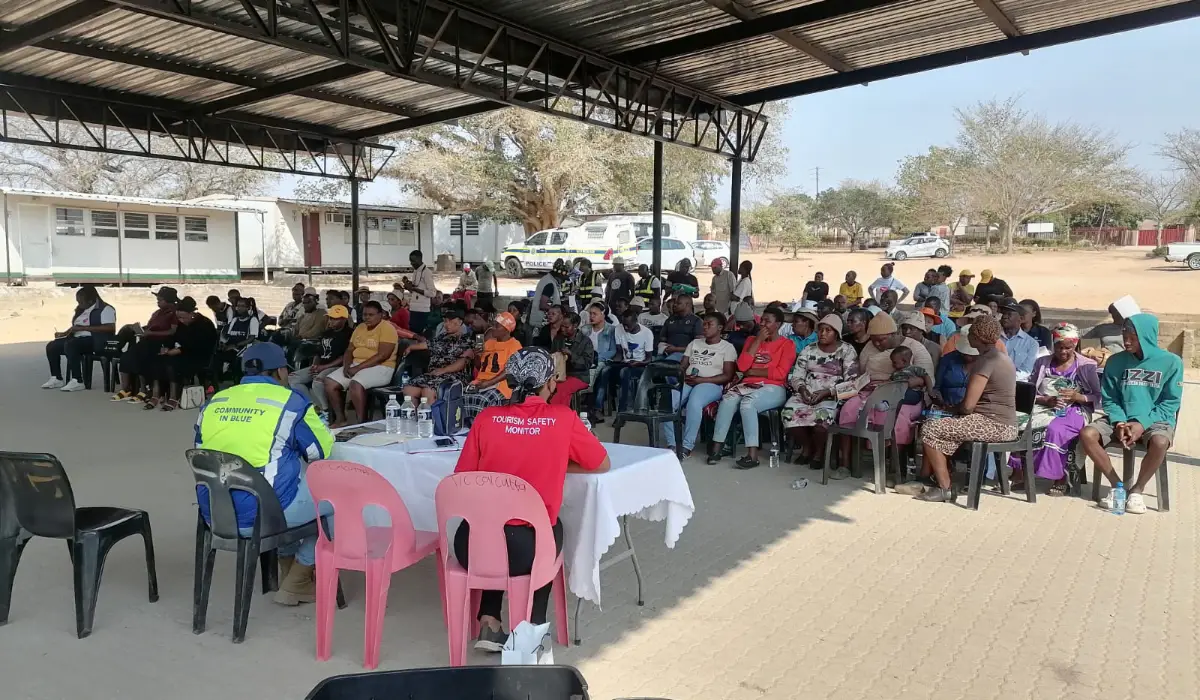The implementation of the Inkanyezi Project continues in the Amathole East District of the Eastern Cape, as well as the Ehlanzeni District of Mpumalanga Provinces. Through this four-year project, Sonke seeks to use a feminist and human rights-based approach to achieve gender equality.
Here are latest highlights of activities taking place in Mpumalanga under this project.
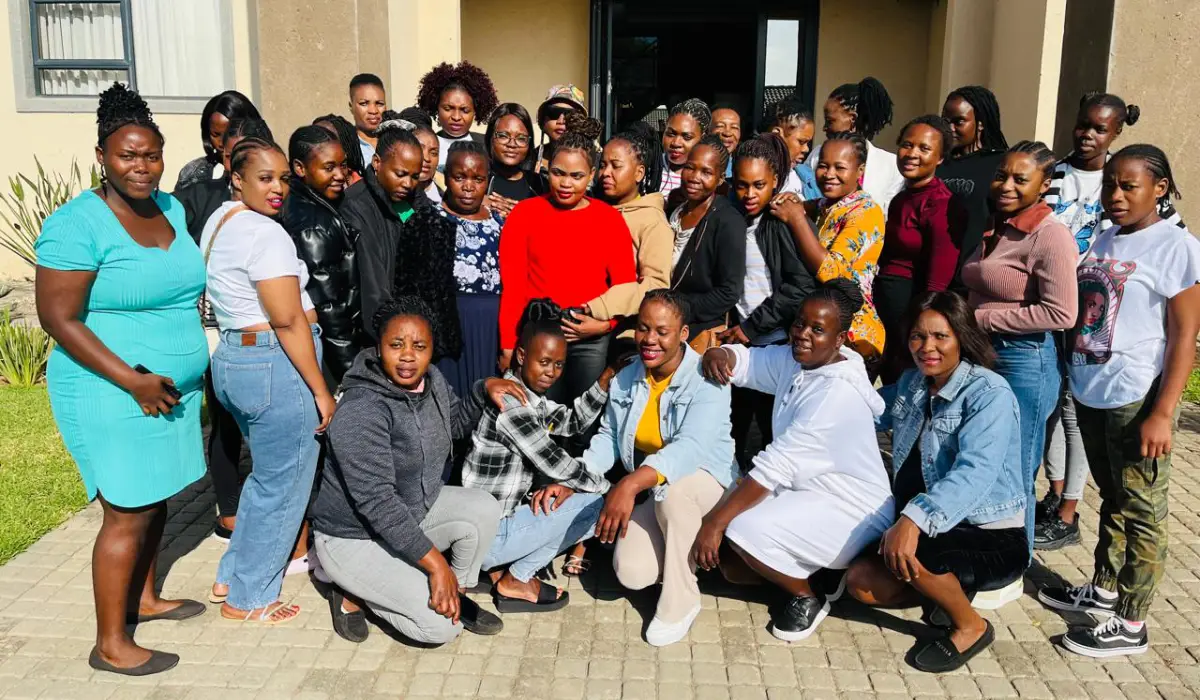
Bushbuckridge HIV Prevention Summit
The Inkanyezi Project team attended the Bushbuckridge HIV Prevention Summit from the 6th to the 7th August 2024. The purpose of which was to review the municipality’s implementation of HIV prevention projects since 2022. Sonke presented on the intersection of HIV/AIDS and Gender Based Violence. In the submission, Sonke recommended the following in accordance with the ALIV[H]E Framework, to help reduce GBVF and HIV transmission:
- Raising awareness of harmful social and gender norms that underpin gender inequality in Social Behavioural Change programmes.
- Research that highlights increased levels of violence against women in their diversity and ways to address this through collaborations.
- Using media to engage religious leaders, political and traditional leadership.
- Organisations working on HIV and violence against women themes to reinforce the values of human rights, sexual and reproductive health and rights, participation, gender equality, safety, evidence-informed responses and respect for diversity.
- Stronger networking and cross-movement building to work on effective interventions to address intersections between HIV and gender-based violence.
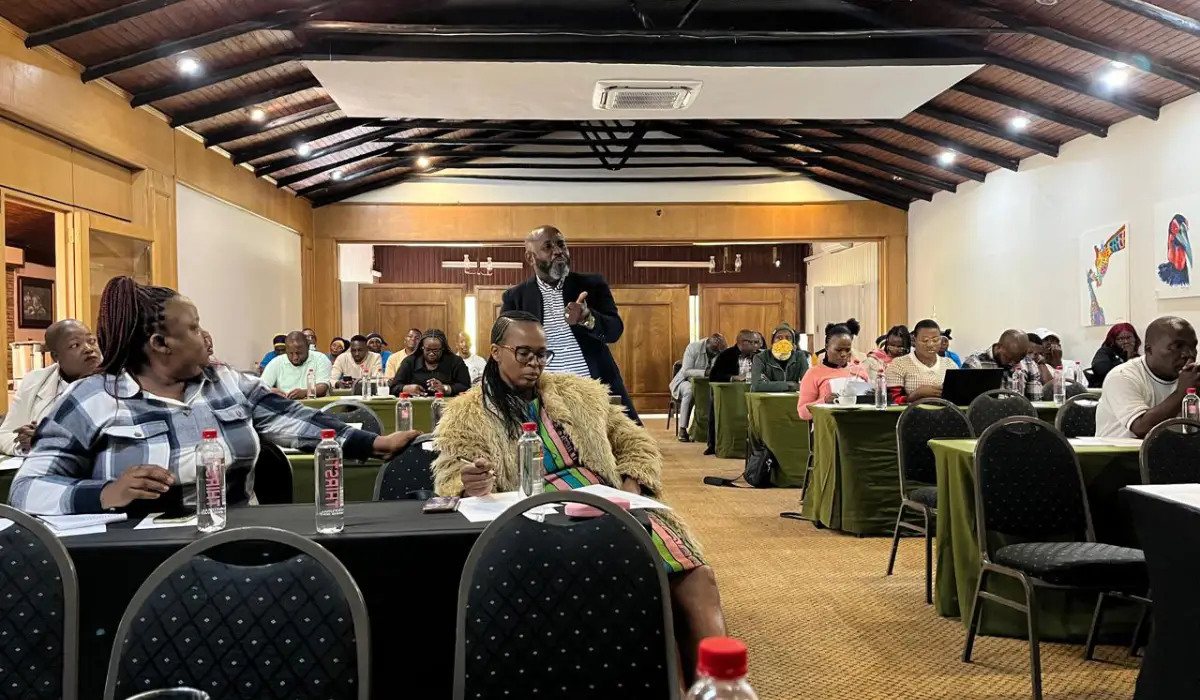
Mkhuhlu Community dialogue
The Inkanyezi project is monitoring a court case of a rape by a local pastor in Mpumalanga. Due to the community’s support of this case, Sonke subsequently received two reported cases of rape to monitor. Against this backdrop, Sonke hosted a community dialogue at the Mkhuhlu township Ward 1 Ma-F, to educate community members about human rights, gender-based violence and services available to them.
The gathering was a platform for stakeholders to understand some of the challenges faced by the community and to also use Arts as an advocacy tool in addressing GBV, as such the Inkanyezi project partnered with One Sound One team who performed a drama piece on Domestic Violence, Femicide and Homophobia. Among other stakeholders in attendance was Greater rape intervention programme (GRIP), South African Police Services (SAPS), Save the Children South Africa and Wisani Community Project.
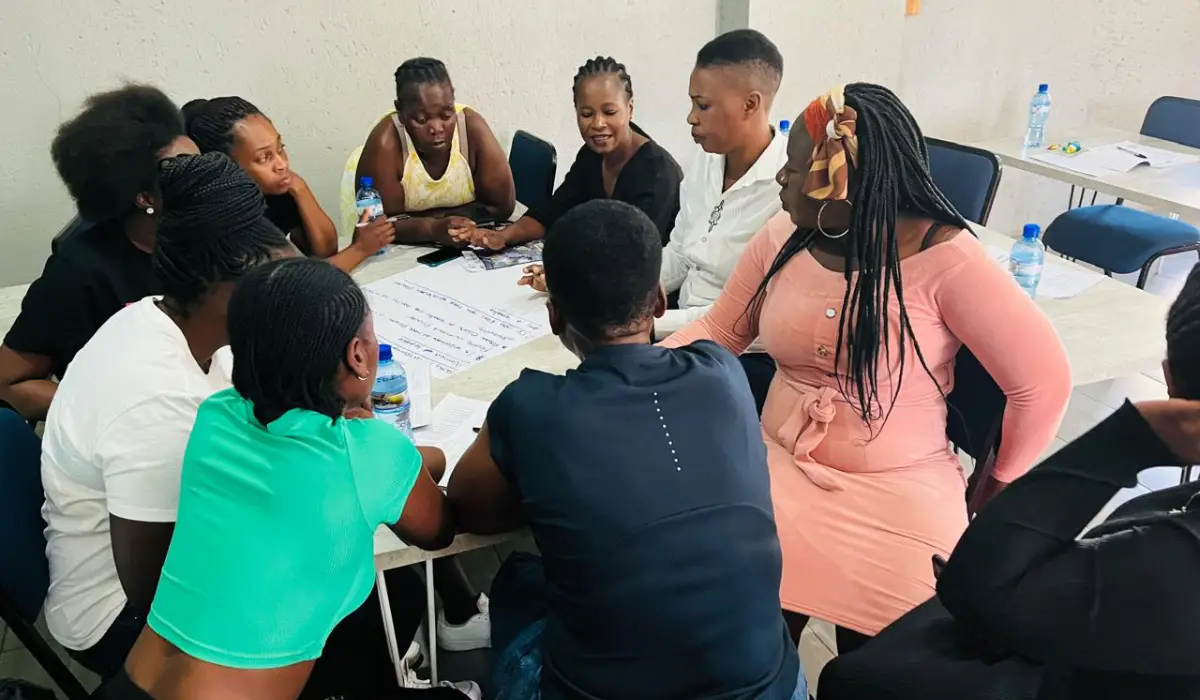
Community Action Team members and Young Women Leaders training on Governance and Women’s Leadership
The Inkanyezi project facilitated a three day training on governance and women’s leadership from the 13th to the 15th of August 2024. Of the 35 participants in attendance, six were young women leaders serving in political and religious spaces.
Community Action Teams members who serve at Bushbuckridge local municipality as ward councillors, chairpersons for young people at the church, community health care workers, child and youth care workers and community mobilisers from different organisations, were also in attendance.
The purpose of the training was to capacitate participants on women’s leadership and governance roles in the community, as well as to provide women with the necessary information to actively participate in transforming their communities.
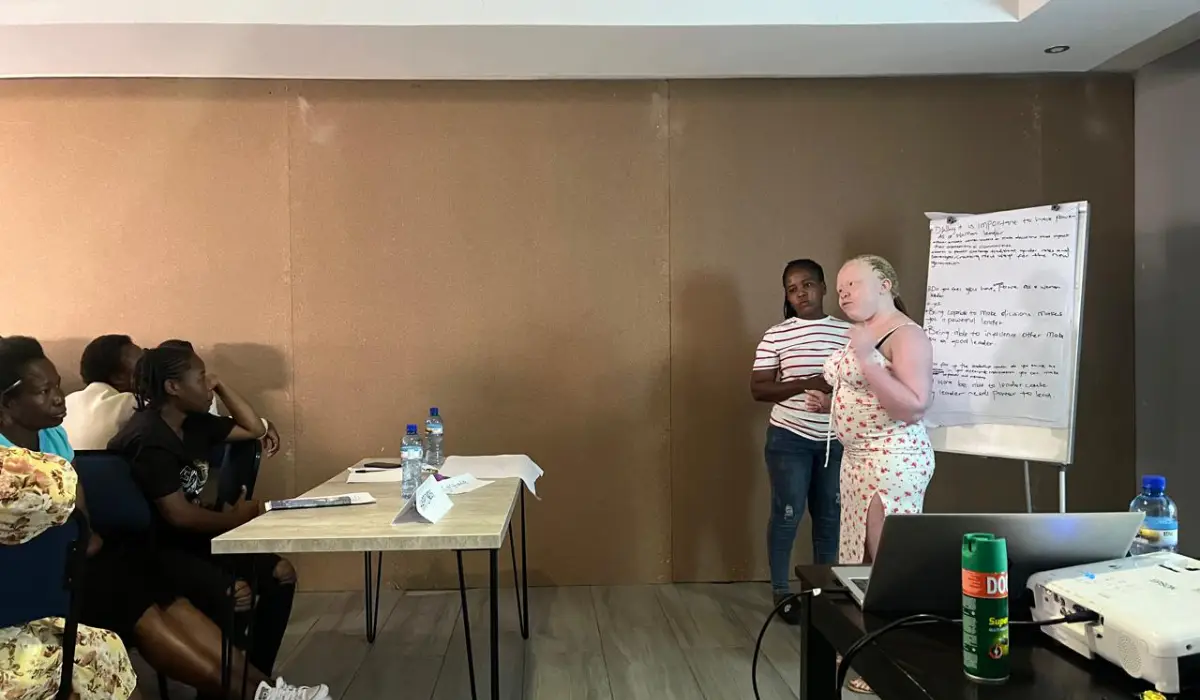
Outcomes of the Training
Participants acknowledged that the training has helped them to understand their communities better and how lack of services has an impact in women’s lives. They also indicated that decisions are made on their behalf and their voices are not heard because they do not attend and participate in community activities and consultations. Participants emphasised that as a result of this training, they are going to start supporting women in leadership roles so that their needs as women are met. They added that things may be better if gender equality is incorporated into all systems. One participant said, “Teaching our children about gender norms at a young age will assist in addressing gender equality.” Action plans were developed to address community challenges where they will collaborate with community leaders and other stakeholders in addressing their challenges.
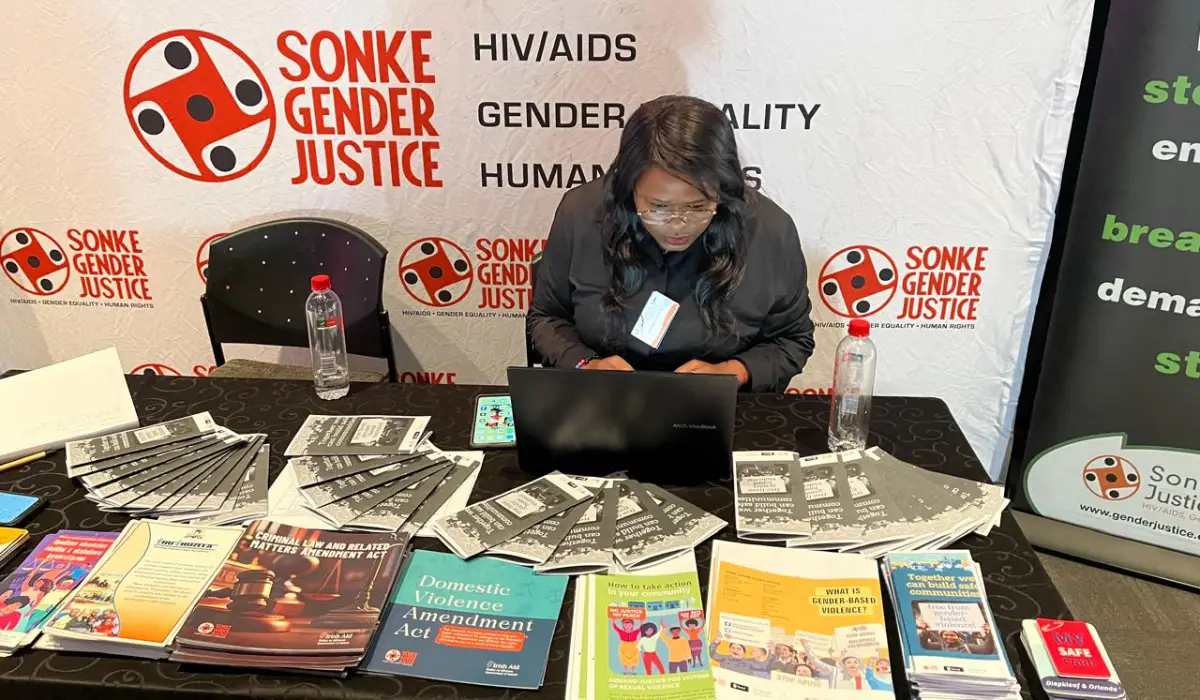
“Injury Mortality Surveillance in Mpumalanga: Towards the 2030 Violence Prevention Agenda” Colloquium
On the 21st of August Sonke participated on the panel discussion about ‘’What is needed for violence prevention: Policy, Capacity and Partners Mobilisation” at the Injury Mortality Surveillance in Mpumalanga: Towards the 2030 Violence Prevention Agenda” Colloquium, in Mpumalanga, as hosted by the University of South Africa and the South African Medical Research Council.
The gathering focused on the troubling changes in the epidemiological patterns of injury mortality that have emerged in Mpumalanga, where homicide is now the leading contributor to injury mortality. The intention of the meeting was to stimulate efforts to promote an integrated, national violence and injury surveillance system in support of South Africa’s 2020 NDP.
In her presentation, Inkanyezi Project Manager Nomalanga Ngwenya shared that in preventing violence ‘’ there is no one-size-fits-all strategy that works. To do this, we must first identify the people who are at risk and the communities that the victims and survivors are from. Women and girls who identify as LGBTQIA+, women from ethnic minorities, older women, young and teenage girls, women with disabilities, refugees and migrants and vulnerable to GBVF. Once this is understood, we can utilise the socio-ecological model to identify the several areas of which that individual is a part and ascertain what attitudes, knowledge, and beliefs are used in those different spheres to either eradicate or perpetuate GBVF’’.
She emphasised that Sonke in collaboration with the government and civil society forums, has undertaken the various initiatives to address GBVF and promote gender equality through the Inkanyezi project.‘’ Encouraging men to be allies, including women in leadership positions and decision-making processes, adopting transformative feminist methods to address gender inequality, including in the home as well empowering women economically, these are just some of the solutions to GBV prevention’’ she concludes.

